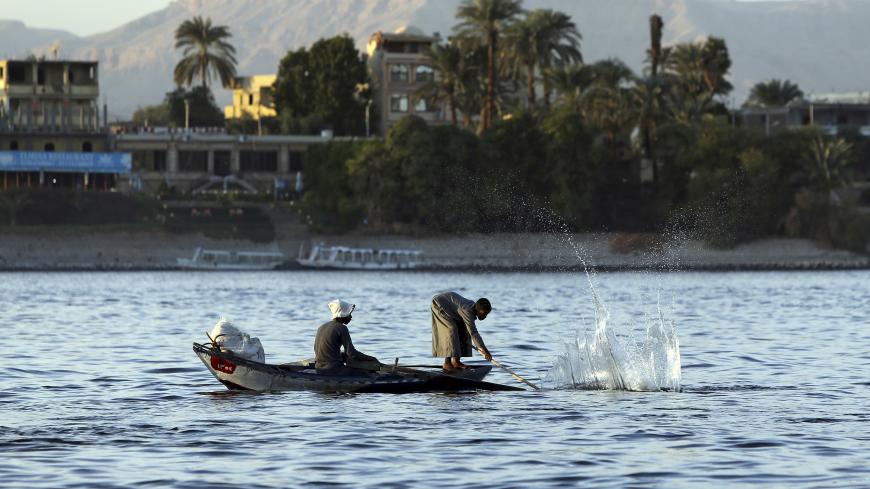Under the auspices of the Ministry of Immigration and Egyptian Expatriates Affairs, the Luxor governorate hosted the conference “Egypt can … by sons of the Nile” Feb. 26-27. The participants, who gathered to discuss solutions to Egypt's water shortage, included 21 Egyptian scientists living abroad who have experience in water resource management and agriculture. Also in attendance were Luxor Gov. Mohammed Badr and Water Resources and Irrigation Minister Mohamed Abdel Ati along with six other ministers — of immigration and Egyptian expatriates; military production; petroleum and mineral resources; higher education and scientific research; environmental affairs; and agriculture and land reclamation — reflecting the government's deep interest in the issue.
The conference focused on mechanisms for maximizing Egypt’s access to available water resources, achieving water security, and exploiting water treatment and desalination technologies and economics. It also examined the use of space technology applications for addressing water and agriculture issues.



